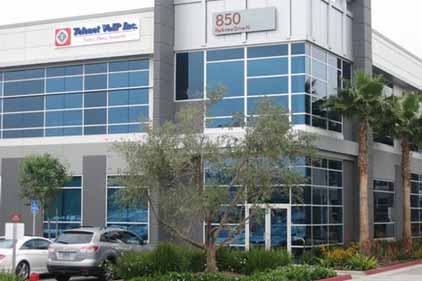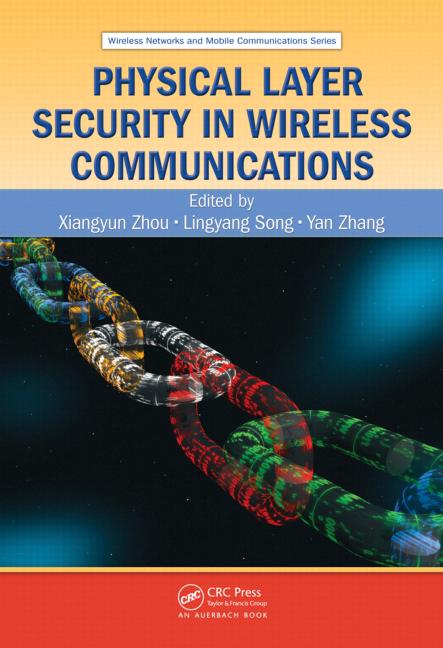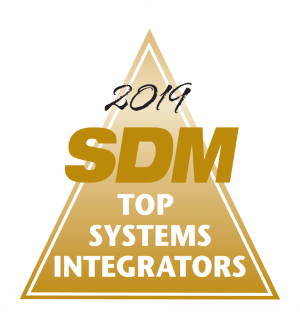
|
| Since its founding in 1977, Telenet VOIP has grown from a small answering-machine service center into a full-service systems integrator with a portfolio that includes multi-million-dollar government projects. |
For more than 35 years, Telenet VOIP has changed with technologies and times. What started in 1977 as a small service center for answering machines has grown into a full-service systems integration firm that competes for — and wins — multi-million-dollar government projects.
Along the way, the El Segundo, Calif.-based company has added new services and business divisions. But rather than shed “old” divisions, the company has maintained and updated them, while adding new divisions into the mix.
“Becoming a full-service, one-stop shop has been in the works for some time now. We started with PBX and phone, then came structured cabling. Next came security systems, and within security, there are different divisions for access control, CCTV burg and fire,” says Nick Payab, Telenet VOIP’s vice president and senior operations manager. “We’ve added divisions while keeping and updating the old ones, which has added to the full arsenal of products we’re able to offer.”
With 20 people based in its office and an additional 30 to 40 technicians in the field, Telenet VOIP focuses on “12 or 13 different scopes of work,” Payab describes.
In May, the company took the first step towards another evolution, this time with an eye to getting into fire alarm system testing and servicing, by earning licensed fire protection contractor status in California.
“As a full systems integrator, we’re able to take on the entire low-voltage project for customers, including network infrastructure,” he says. “With this license in place, we’ll be able to serve our existing and future customers even better.”
Because the company has been a certified C7 – Low Voltage Systems Contractor and C10 – Electrical Contractor for several years it has dabbled in and around fire system installation. What was lacking, Payab says, was the next logical piece.
“We were doing large install, but we wouldn’t do the maintenance and testing, so we felt it was time to go after that maintenance and testing, and to pick it up we’re required to have a fire protection license,” Payab says.
In order to hold companywide C16 – Fire Protection Contractor certification, Telenet VOIP was only required to have one person in the company to pass the test. That one technician spent six months preparing for the test while continuing to work his day job as a technician.
“He was familiar with fire alarms and had worked in conjunction with them in the past, but he still had to put a lot of time into studying and preparing for the test,” Payab says.
Because Telenet VOIP’s goal is to focus on testing and maintenance rather than installation, the licensure process doesn’t stop here. The next step is to pursue a Chief’s Regulation 4 (Reg 4) license for the city of Los Angeles. “Some organizations who get C16 are doing actual installation, but our plan is to do more maintenance, so our plan is to get Reg 4,” Payab says. “We’re going to go after it, but we haven’t yet. Once we get Reg 4, we’re planning to bring in salespeople who will just be selling that maintenance and testing.”









